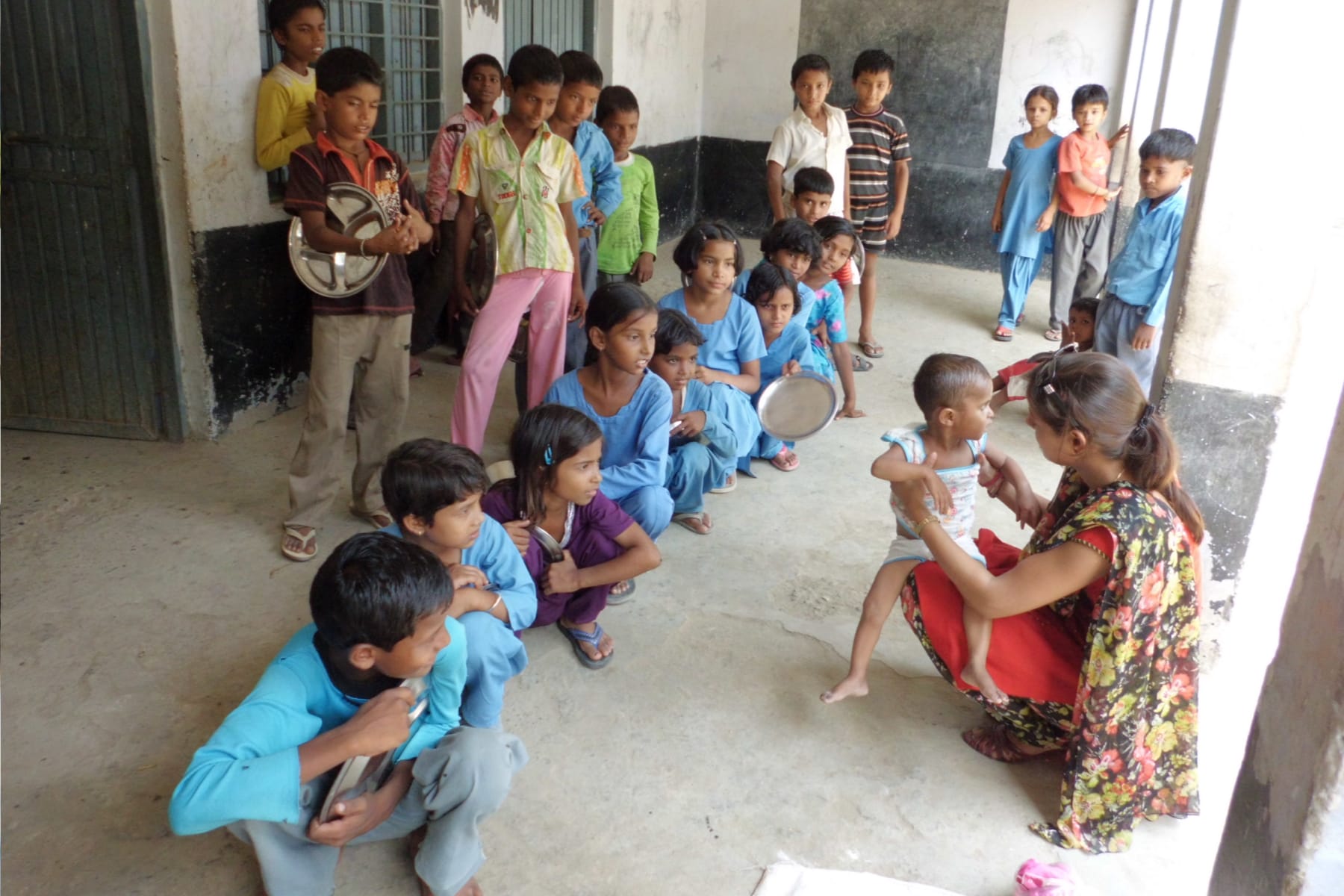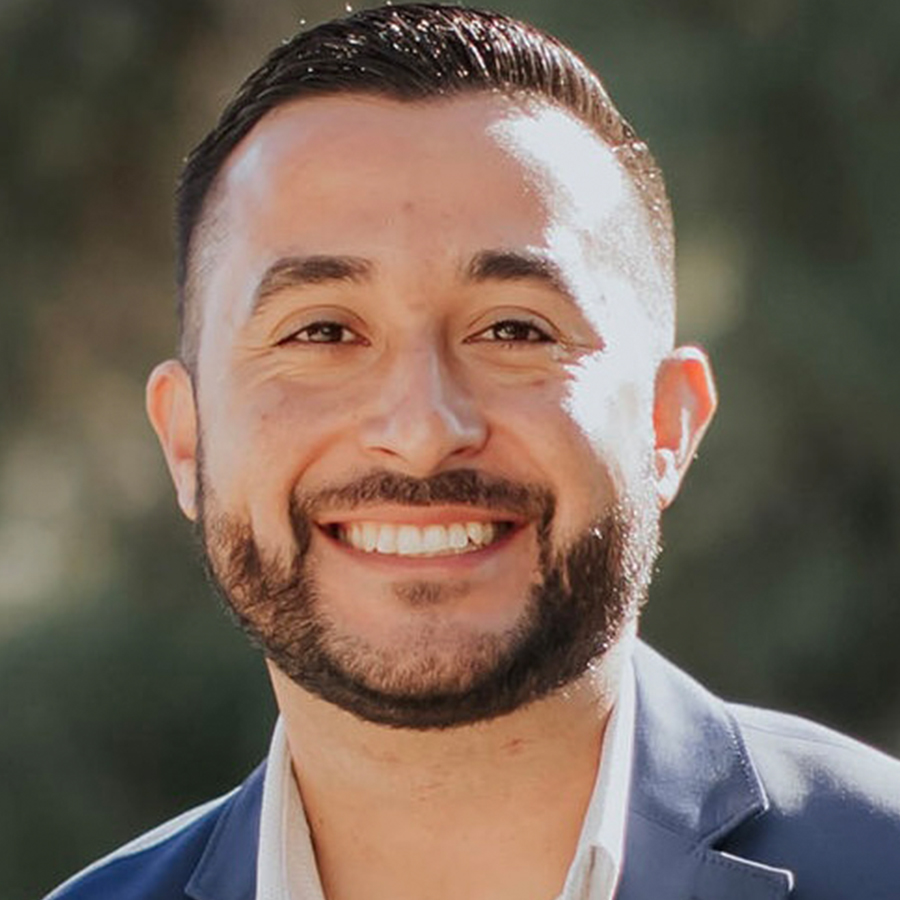
Master of Public Health
Touro California's Public Health program is about uplifting communities through health impartiality
Our MPH program focuses on community engagement as a framework for promoting health in all local and global communities. You'll learn about the historical roots and structural causes of health disparities, as well as strategies to improve community health.
Highlights
All Coursework is 100% online
No campus residencies are required.
Part-time or full-time schedules
Live virtual classes 2 or 3 afternoons/evenings per week.
MPH Concentrations
In addition to the core public health curriculum, you’ll tailor your degree to your interests with one of our three concentrations for your elective courses.

Community Action for Health
Respond to the health needs of vulnerable communities. Courses include Social Inequities in Public Health and Community Health Promotion.
Learn More
Global Health
Learn how a nation's economic status is linked to the overall health of its people, and explore ways to solve these problems. Courses include Essentials of Global Health and Emerging Health Threats.
Learn More
Criminal Justice and Health
Understand how individual, family, and community health is influenced by mass incarceration and exposure to the criminal justice system. Courses include Criminal Justice and Public Health.
Learn MorePublic Health Speaker Series

The Public Health Speaker Series is a collection of lectures from experts in the field of public policy, public health, and justice, designed for students in public health, medicine, education, pharmacy, and nursing degree programs. The purpose of this seminar series is to provide an introduction to topics in public health.
Testimonials

Taylor Moss, MPH
“Touro's MPH program deepened my belief that caring for people means looking beyond the clinic. Through my work at Touro in health care policy and community research, I’ve seen how access, equity, and compassion shape health outcomes just as much as any treatment plan. My MPH degree taught me that real healing happens when we care for the whole person and the systems they live within.”

Joseph Chavez, MPH 2018
“Touro University California’s Public Health Program equipped me with the skills, values, and confidence to lead in the field of community health. The program’s focus on equity and practical application continues to influence my approach as I work to improve systems and outcomes for diverse populations.”
Outcomes & Curriculum
Our students come to us with a wide range of experience and go on to diverse careers that match their interests.
Roles
- Health educator
- Program analyst
- Epidemiologist
- Infectious disease tracking
- Evaluator and program planner
Employers
- Kaiser Permanente
- Solano County Health and Social Services
- Various health systems
Culminating Experiences
The Public Health Field Study is an opportunity for you to apply and integrate the skills and knowledge you acquire during your graduate didactic coursework, translating that experience to programs, policy development, educational campaigns, and research that benefit communities.
